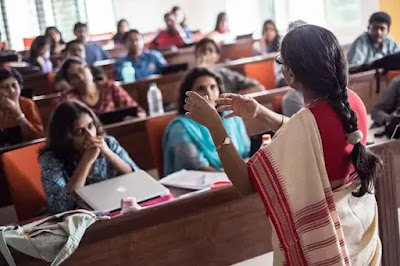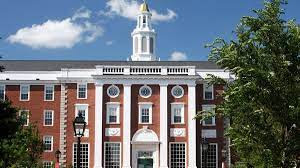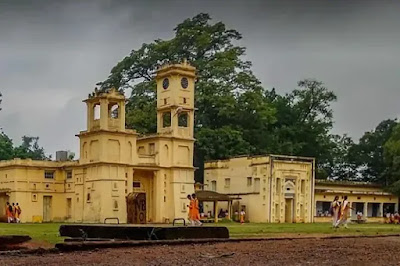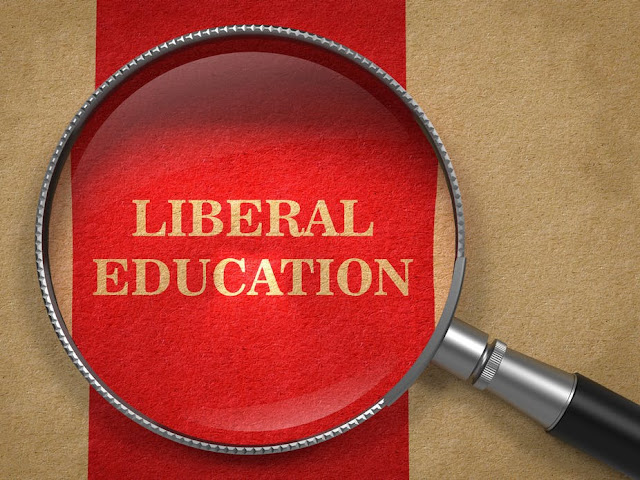Indian Higher Ed: Indian or Global?

My work is in international education. So my mantra is that education must be global! If we are not preparing our students for the global workplace, we are doing them a disservice, I say! However, an interesting conversation with an young colleague made me pause and think. Her point, on reading India's new National Education Policy, was that the policy talks a lot about being Indian while promising to prepare Indian graduates for the global workplace. She saw this as an anomaly and hoped I would agree! But here is my own confusion perhaps. I do think Indian education should be more Indian. I actually find the educated Indians disdain for their own countrymen disconcerting and believe that this is a crucial weakness of the Indian society. It weakens India as the Indian middle classes are increasingly disconnected from the real problems of their own country and try out various Made-in-America solutions rather than thinking on their own. And, I believe education, and particular...





